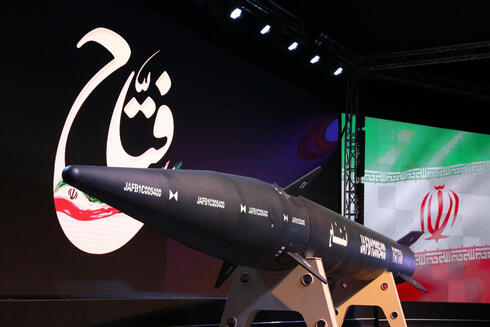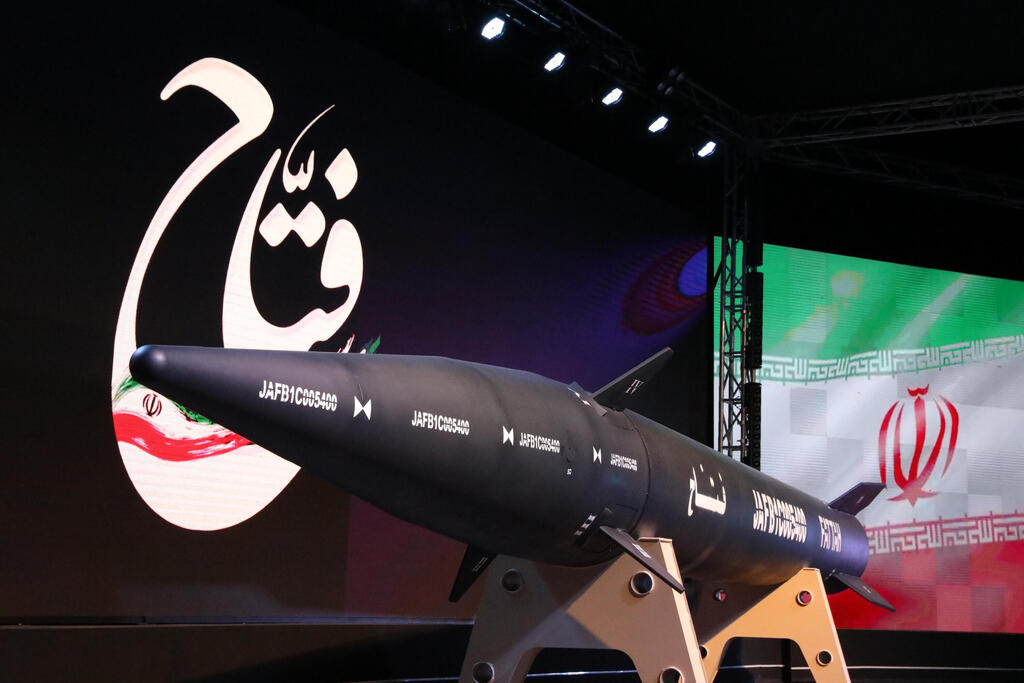
Israel grapples with hypersonic missile defense after Houthi strike claim
Houthis allege successful missile hit, raising questions about Israel’s defense readiness.
Prime Minister Benjamin Netanyahu said Israel would inflict a "heavy price" on the Iran-aligned Houthis who control northern Yemen, after they reached central Israel with a missile on Sunday for the first time.
Houthi military spokesman Yahya Sarea said the group struck with a new hypersonic ballistic missile that travelled 2,040 km (1270 miles) in just 11 1/2 minutes.
After initially saying the missile had fallen in an open area, Israel's military later said it had probably fragmented in the air, and that pieces of interceptors had landed in fields and near a railway station. Nobody was reported hurt.
Air raid sirens had sounded in Tel Aviv and across central Israel moments before the impact at around 6:35 a.m. local time, sending residents running for shelter. Loud booms were heard.
Last year, Iran unveiled its new Fattah missile and claimed that it has hypersonic capabilities (speed higher than the speed of sound) that would make it difficult for Israeli defense systems to intercept. Israeli defense firm Rafael revealed a week later an interceptor missile named SkySonic, designed to intercept hypersonic missiles.
Rafael stated at the time that the interception system is in advanced stages of development and will soon undergo its first flight tests. Rafael refused to specify the planned timetables for the completion of the development but mentioned that engineering teams have been working on it for several years, predating the threat of hypersonic missiles.
The Israeli state-owned defense contractor is also behind the Iron Dome and David's Sling air shields.
The Pentagon was briefed on the development, Rafael said. It declined to say if or when the Israeli military might deploy SkySonic. Israel's defence ministry had no immediate comment.
Hypersonic missiles can fly at least five times faster than the speed of sound and on a complex trajectory, making them hard to shoot down.
An animated video rendition of SkySonic issued by Rafael showed an interceptor missile taking off vertically from a launch battery. The missile's warhead is then shown detaching and flying with its own booster toward an incoming threat.
Israel's arch-enemy Iran on June 6 went public with what it described as its first domestically made ballistic hypersonic missile, Fattah. The missile can reach 15,000 kms/hr and evade Israeli defenses like the short-range Iron Dome, Iran's state TV said.
At a weekly cabinet meeting, Netanyahu said the Houthis should have known that Israel would exact a "heavy price" for attacks on Israel.
"Whoever needs a reminder of that is invited to visit the Hodeida port," Netanyahu said, referring to an Israeli retaliatory air strike against Yemen in July for a Houthi drone that hit Tel Aviv.
The Houthis have fired missiles and drones at Israel repeatedly in what they say is solidarity with the Palestinians, since the Gaza war began with a Hamas attack on Israel in October.
The drone that hit Tel Aviv for the first time in July killed a man and wounded four people. Israeli air strikes in response on Houthi military targets near the port of Hodeidah killed six and wounded 80.
Previously, Houthi missiles have not penetrated deep into Israeli air space, with the only one reported to have hit Israeli territory falling in an open area near the Red Sea port of Eilat in March.
Israel should expect more strikes in the future "as we approach the first anniversary of the Oct. 7 operation, including responding to its aggression on the city of Hodeidah," Sarea said.
The deputy head of the Houthi's media office, Nasruddin Amer, said in a post on X on Sunday that the missile had reached Israel after "20 missiles failed to intercept" it, describing it as the "beginning".














